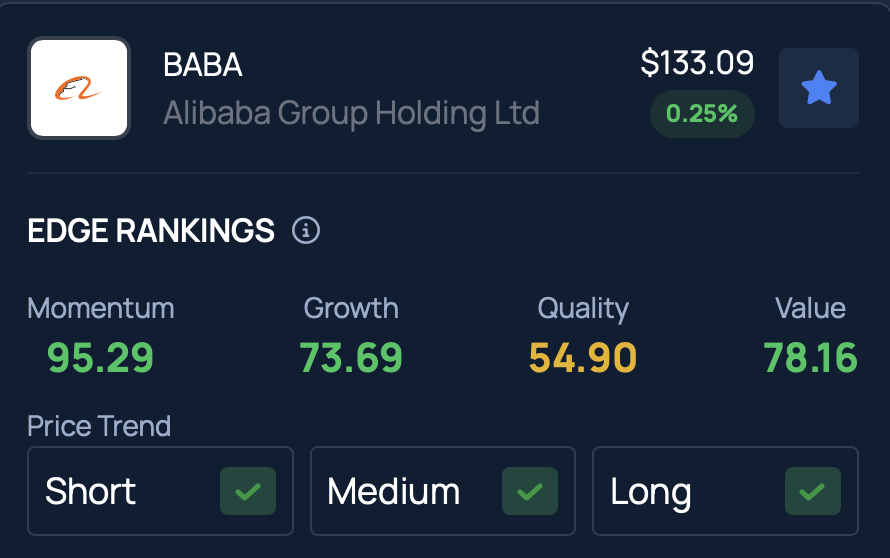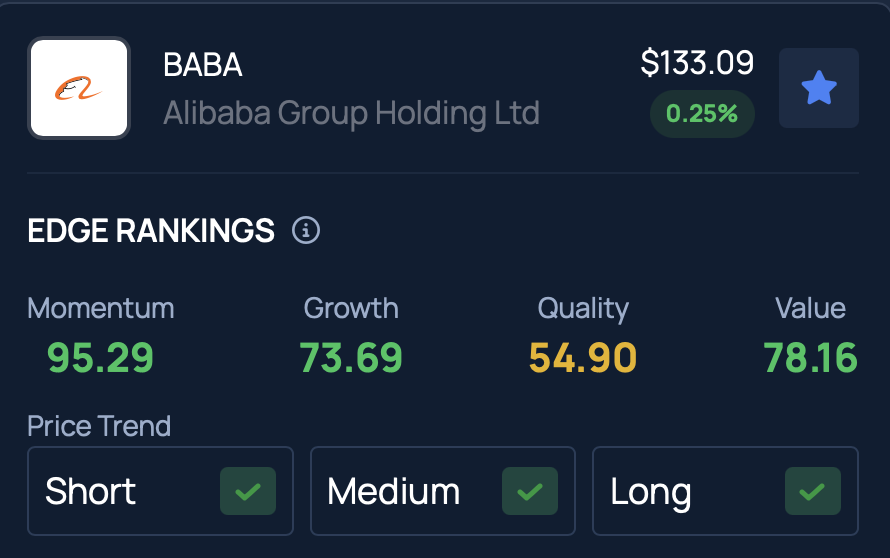Contrasting Views on Humanoid Robots: Nvidia’s Vision vs. Alibaba’s Skepticism
Nvidia Corporation NVDA CEO Jensen Huang recently expressed optimism about humanoid robots entering factories within five years. In contrast, Alibaba Group Holdings, Ltd BABA chairman Joe Tsai questioned the practicality and philosophical aspects of creating human-like machines.
What’s Happening: During Alibaba’s Jumpstarter event in Hong Kong on Wednesday, Tsai raised concerns regarding the development of humanoid robots, questioning their real-world applications. He stated, “What is the application of a humanoid?”
Tsai elaborated, saying, “I want machines to do things I don’t want to do, but I don’t need machines to replace humans in doing things that I want to do,” as reported by the South China Morning Post, which is also owned by Alibaba.
Related: AMD CEO Lisa Su Discusses Silicon Scaling Challenges and Innovation.
While he acknowledged the growing benefits of artificial intelligence, Tsai emphasized that many essential human qualities, such as emotional intelligence and compassion, are not effectively replicated by machine learning. He asked, “All the positive encounters that you have with people that you love… how does the machine capture that data to replicate the positive energy?”
Why This Matters: Huang, speaking at Nvidia’s annual developer conference in San Jose, California, confidently asserted that, “literally, humanoid robots are wandering around, which is not five years away. This is not a five-years-away problem; this is a few-years-away problem.” He predicts that the manufacturing sector will likely witness the first major adoption of humanoid robots due to its controlled environments and well-defined tasks.
Previously, Elon Musk noted that Tesla, Inc. TSLA intends to produce several thousand Optimus robots this year, aiming to deploy them for less desirable tasks within its factory by year-end.
In a related caution, Jim Cramer warned against the potential downside of diminishing AI computational capabilities, following Tsai’s earlier remarks about a looming data center bubble.
At the HSBC Global Investment Summit in Hong Kong, Tsai expressed worry that technology companies and investment funds are investing billions into infrastructure without a clearly defined customer base.
In the meantime, Alibaba is actively leveraging AI across various sectors, including a partnership with Bayerische Motoren Werke AG BMWKY to create AI-powered smart assistants for next-generation vehicles.
Market Reactions: In after-hours trading, Alibaba’s stock slightly rose by 0.033% to $132.28 following a regular session close of $132.24, reflecting a 0.38% decline during the day. Year-to-date, the stock has appreciated by 55.67%, according to Benzinga Pro data.
Conversely, Nvidia shares fell 5.74% on Wednesday, ending the day at $113.76 and continuing to decline by 1.36% to $112.21 in after-hours trading.
Benzinga’s Edge Rankings show that Alibaba (BABA) holds a growth rating of 73.69%. For insights on how Nvidia compares, click here for the complete analysis.

Stay updated with more of Benzinga’s Consumer Tech coverage by following this link.
Image via Shutterstock
Read Next:
Disclaimer: This content was partially produced with assistance from Benzinga Neuro and reviewed and published by Benzinga editors.
Momentum95.29
Growth73.69
Quality54.90
Value78.16
Market News and Data brought to you by Benzinga APIs








